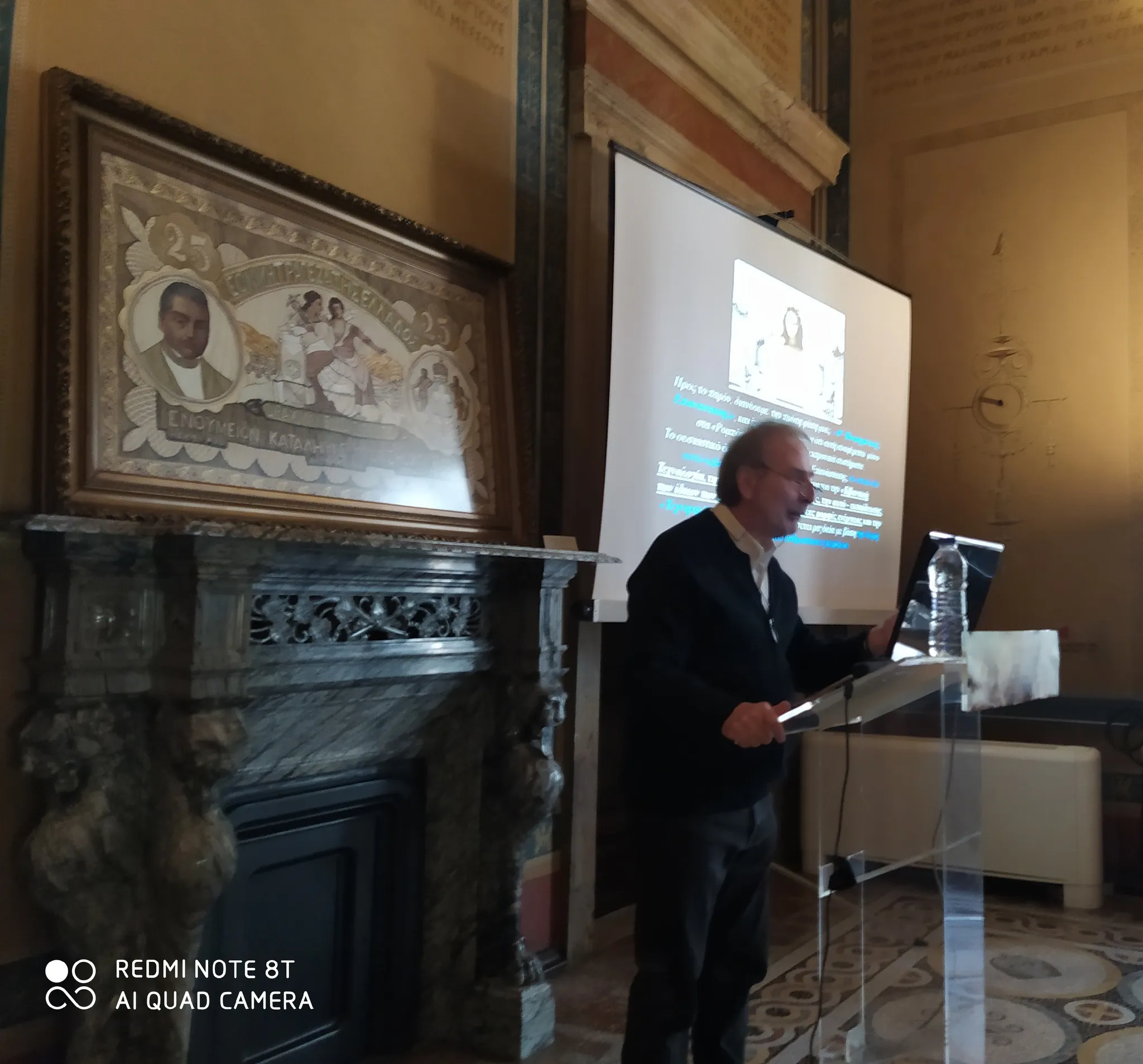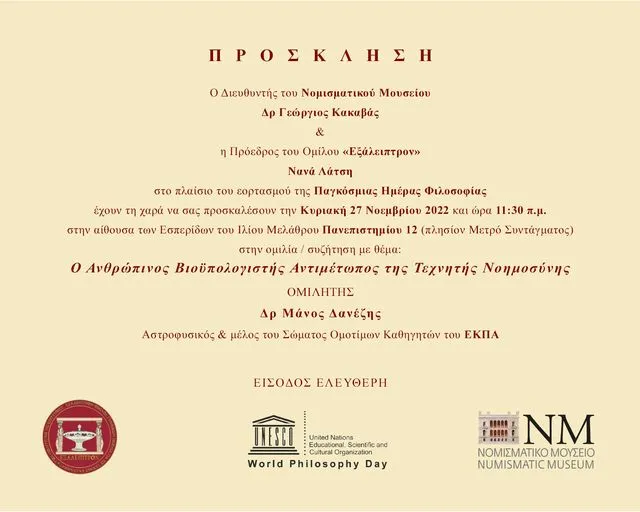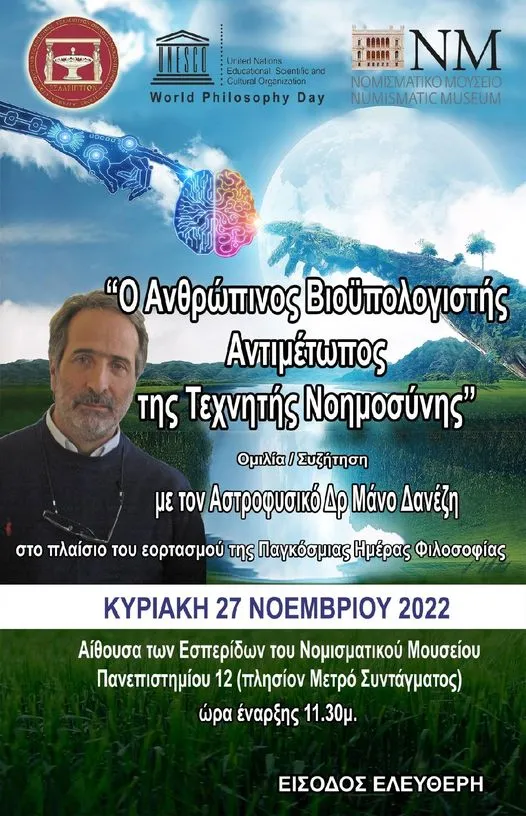Pleasure is not said, but she speaks and says: I love you.
I love you. The figure does not refer to the erotic statement, to the confession, but to the repeated pronunciation of the erotic cry.
As the first confession goes through, “I love you” won’t say anything anymore. It is simply a repetition of the old message (which may not even have been channeled through these words), which is done in a cryptic way because it seems so empty! …..I love it is not infinitive (and if it forms this is due only to post-linguistic art): subject and object are related within the word at the moment we pronounce it….
I love you. This word, like the words uttered by the child, is not subject to any social compulsion. It can be a word exquisite, formal, light, but it can also be a word erotic, pornographic. From a social point of view it is a wildcard word.
I love you. Removes explanations, arrangements, tiers, minthologies. …
I love you. It is the word of the duo (mother, erotic), within it, no distance, no distortion comes to carve the point – it is not a metaphor of any thing.
I love you is not a phrase: it does not convey a meaning, but is anchored in a marginal state: “the one where the subject hovers in a relationship of mirroring with the other”. It’s a whole phrase.
(Although it is said billions of times, I love you outside the dictionary; it is a figure of speech where its definition cannot go beyond mere titration.)
The word (or phrase-word) only makes sense the moment I say it. There is no information in it other than what it states directly: no preservation, no storage of meaning. …. I love you.
… Its principle (base to express it) would probably be music. “Just like in the song, like in his pronunciation I love you, lust is neither repels (as in the pronunciation) nor recognized (where you do not expect it, as in the exposition), but simply becomes the object of pleasure. Pleasure is not said, but she speaks and says: I love you.
… The actual rejection is contained in the response: “no answer”. I am irrevocablely abolished when I am rejected not only as an applicant but also as a speaking subject (in the latter capacity I at least dominate the verbal formulas). They deny me not my request, but my language, the last muscle of my existence. …
I love you. I’m sorry, I’m sorry.
I too are not a final answer, because the whole can only be formal, and here the formula is missing, in the sense that it does not repeat the pronunciation to the letter – and it is the pronunciation itself to exist to the letter. …
I too initiate a mutation: the old rules fall apart, everything is possible – even this: to refuse to possess you.
In short, this is a revolution – not far from, perhaps, the political revolution…
What if I love you, didn’t I interpret it? “What if I didn’t see pronunciation as a symptom?
– Bad of yours: didn’t you highlight a hundred times the unbearable of erotic misery, the need to get away from it? “If you’re looking for “cure,” you have to believe in the symptoms and as one of them consider it and I love you. You have to interpret, it means, in the end, to underestimate.
….I love you, it’s not a symptom, it’s action. I pronounce to answer – and the over-accurate form (the letter) of the answer will acquire a practical value, as if it were a verbal formula. It is not enough, then, for the other person to respond to me with a simple, even positive (“me too”) meaning: the requested subject must accept to formulate, to pronounce the love I address to him: I love you, says Peleus. “I love you too,” says Melisanthi. Pellea’s compelling request (we can assume that Melisanthi’s answer was exactly what she expected, which is likely because immediately after she dies) starts from the need that the in love subject feels, not only to love it in return, to know it, to be sure of it, etc. (all these functions do not exceed the level of the sign), but also hear them say it in an equally affirmative way, complete and articulated with his own: what I want is to accept in the straight, completely, to the letter, without escapes, the verbal formula, the archetype of the love interest: there is no editorial escape, no variation – the two words are synergous, coinciding with meaning (and I would be the perfect contrast of the whole phrase).
What matters is the natural, physical, lip accent of the word: open your lips and let it come out (become obscene). What I’m madly seeking is to have the word – the magic, the mythical? The Beast – enchanted, except bound by his ugliness – loves Beauty. Nice obviously doesn’t love the Beast, but, ultimately, defeated, she sends him the magic word: “I love you, Monster.” Immediately, through the exquisite fissure of a grab, a new subject appears. …
I love you, it’s energetic. It is confirmed as a force against other forces. What forces? A thousand or two forces exist in the world where they are, all of them, forces of ingstance (or science, or public[δόξα] opinion, or reality, or logic, etc.). Or even: vis-à-vis the language body. The amen is at the limit of the language instrument, does not participate in its system and removes its “inactive cloak”. “Similar and erotic pronunciation (I love you) stands at the limit of syntax, accepts the identity (I love you will say I love you), excludes the slaviness of the Phrase (it is just a whole phrase).
As an accent, I love you, it’s not a point, but it works against points. The one who does not say I love you (who through his lips I love you does not want to pass), is doomed to emit the multiple, uncertain, dubious, sparing points of love, his markers, his “evidence”: gestures, glances, sighs, hints, elliptical shapes: he must surrender himself to interpretation. This subject is dominated by the counter-active principle of erotic points, it is alienated in the slave world of language in the sense that it does not say everything (slave is the one who has cut tongue and can only speak with nods, expressions, forms).
The “points” of love breed a huge counter-active literature: love is represented, it goes back to an aesthetic of the effects (after all, Apollo is the one who writes the erotic novels). As an antipoint, I love you belongs to the area of Dionysus: suffering is not denied (the same applies to grievance, disgust, grudge), but simply, by pronunciation, it is not internalized: I say I love you (and I repeat it), it means exterminating the counter-active element, I refer it to the deaf and mourning world of signs – verbal spins (world that I do not cease , however, never cross).
Roland Bart: Excerpts of erotic discourse (excerpt). Buy the book to read more.
















